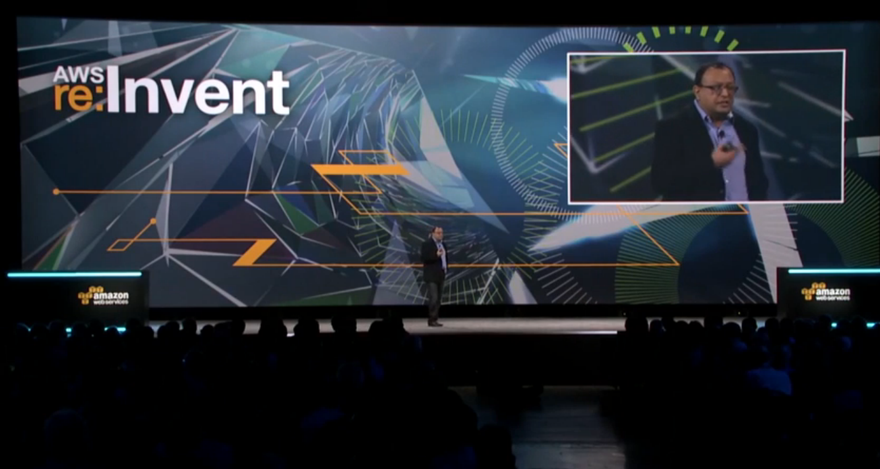Amazon Web Services (AWS) is set to launch Aurora - a MySQL-compatible database engine with an emphasis on affordability and automation.
Aurora will be offered as part of the Amazon Relational Database Service (RDS). The company says it can deliver the performance of its high-end competitors, at one-tenth of the cost.
The announcement was made at the annual Amazon re:Invent conference in Las Vegas. The company has already opened Aurora for previews, but there are no details on when we’ll see a production-ready version.
All the fingers in all the pies
Aurora features tight integration between the database engine and an SSD-based virtualized storage layer built for database workloads.
It promises advanced availability features, on par with commercial databases or high-end SANs - for example, Aurora automatically replicates six copies of data across tree different Availability Zones and continuously backs up to Amazon Simple Storage Service (S3).
Amazon says its relational database can scale storage capacity with no downtime or performance degradation and automatically recover from most failures in less than 60 seconds, without the need to rebuild database caches.
“Amazon RDS has lowered the cost of managing relational databases for thousands of AWS customers, and as demand has exploded over the last few years, we've added MySQL, Oracle, SQL Server, and PostgreSQL engines. But, what we've consistently heard from our customers was that they wished they had an easier way to get the performance of commercial databases at the price of open source engines,” explained Raju Gulabani, VP of Database Services at AWS.
“This is why we built Amazon Aurora. We've spent the last three years working on a MySQL-compatible database that innovates on the engine and storage layers to deliver five times the performance of MySQL at one-tenth the price of commercial database solutions.”
Customers don’t require a contract to test drive the new database – Amazon charges for individual Aurora instances on a pay-as-you go basis.
A two vCPU instance with 15.25GB of RAM will be priced at just US$0.29 per hour, while the largest available instance with 32 vCPUs and 244GB of RAM will go for $4.64 per hour.
Existing Aurora users include cloud-based accounting software developer Intuit, online education provider Coursera and luxury retailer Kurt Geiger.
“With standard MySQL we were rapidly approaching maximum capacity to serve our expanding customer base. Amazon Aurora’s new, low latency replica functionality will allow us to further scale our product catalogs by 15x while at the same time improving the freshness of our product pages by 40x,” said Adam Bidwell, E-Commerce Systems architect at Kurt Geiger.
“And, best of all, since Amazon Aurora is designed to be MySQL-compatible, so we expect to use our applications with little or no changes.”

